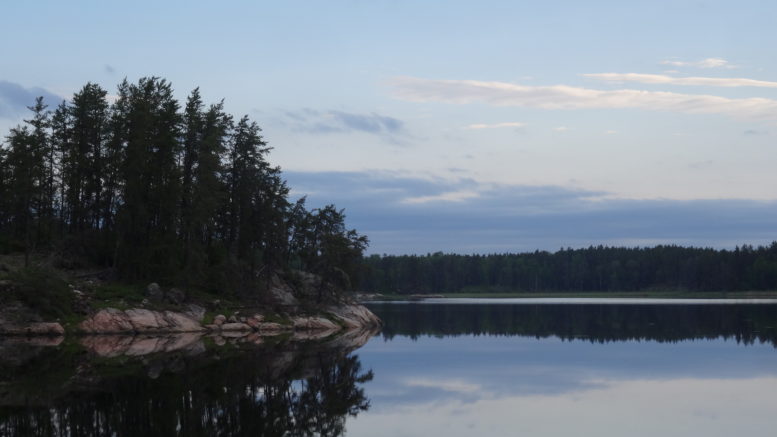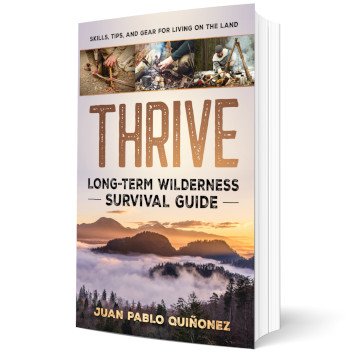Most people will recommend buying a water filter for outdoor recreation and wilderness survival, after all our economy is based in consumerism, our society is germophobic, and liability could be an issue when giving advice. I disagree: water treatment is not essential.
Natural and Industrial Risks
There are two main risks from drinking water that is not filtered or purified: natural risks and industrial risks. A natural risk is a bacteria, virus, parasite, and anything that could be in water found in an untouched wilderness. An industrial risk would be anything that is an industrial product: lead, gasoline, fertilisers, antibiotics, herbicides etc. You must pay attention to which risks concern you, for each filter or purification system neutralises some risks but does nothing for other risks.
Industrial Products are a Concern
I would never drink water straight from an urban river, or a river that has agricultural run off (fertilisers, herbicides, antibiotics). I would try to treat it and remain aware that many industrial byproducts would remain hazardous. Unless I trusted that my water treatment system would make the water safe for me I would avoid drinking water from those sources.
Water for Long Term Wilderness Survival
When I am in a wilderness area that is not downstream from civilization I drink water like any other living thing, as is. When I hiked the Pacific Crest Trail in 99 days I didn’t bring any means of water treatment other than boiling. Sometimes the only source of water was a stream full of cattle excrement; I chose to hike to the next water source. There is a risk of course, I could drink some E. coli, or get a parasite from a dead animal floating on the lake or river. But life is full of risks. One might avoid eating street food in South America trying to prevent getting “Moctezuma’s revenge” and still end up getting sick. Getting sick from water or food when travelling in the Global South might be unfeasible. If you spend long enough time somewhere you might as well do as the locals.
If I am already sick or being treated for an injury I would boil my water to reduce the chances of catching something when my body is already struggling. But if I am healthy I drink water as is, just as my body evolved to do. In fact I am proud that my stomach can handle water from questionable sources. When my partner and I spent 6 months in the Boreal forest we never bothered with water treatment. We might have had diarrhoea once or twice during those 180 days but we will never be sure if it was caused by the water. Other people that have done long term wilderness survival like Nikki van Schyndel ended up drinking water as is, despite treating it for the first part of their adventure.
The cleanest water is fast moving water because the oxygen concentration increases and helps reduce the amount of harmful organisms. Glacier water and snow melt are great sources too. Try to avoid stagnant water and be specially wary of water sources that have no signs of life. Look for dead animals nearby and don’t drink water that smells bad. Use your common sense.
In my opinion treating water is unnecessary if the water comes from unpolluted sources. You may risk catching a parasite, disease, virus, but that risk will always be there despite our self delusion. I ride my bicycle despite risking being killed by a car, but I feel that the reward outweighs the risk.
The only reason we allow urban and rural rivers to be polluted is because we have the technology to treat polluted water. Other living things don’t have that technology. Drinking water as is forces you to change your perspective and reestablish your priorities. Water is one of our most direct and important connection to the earth, Using an artificial device to treat water takes away from our connection to the land, just like walking with shoes over grass or sand takes away from the barefoot experience.


